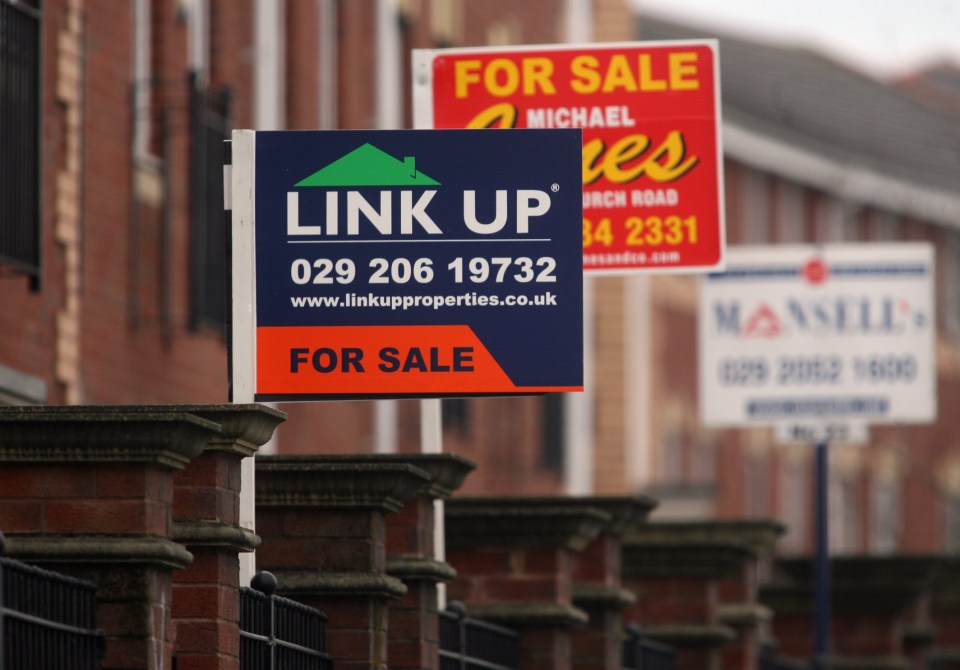What does the Bank of England interest rate cut mean for you?
Decision is good news for people wanting to get a loan and some mortgage holders but not so good for savers

THE Bank of England has announced it has cut its base interest rate from 0.5% to 0.25% in a move to help stabilise the economy after the Brexit vote.
But what does this mean for you? We take a look at some of the key areas where you will be affected:
Lower mortgage repayments
People on tracker mortgages – where the interest paid changes in line with the Bank of England’s base rate – should benefit from today’s announcement.
Just like the interest rate has gone down by 0.25%, their mortgage rate should also go down by 0.25%.
For example, someone with a 25-year £300,000 repayment tracker mortgage paying 2.5% interest could see their £1,346 monthly repayment fall by about £40.
Unfortunately people on fixed rate mortgages will not benefit from the lower base rate.
Overseas holidays will be more expensive
When the Bank of England kept the interest rate at 0.5% last month the value of the pound strengthened against the dollar to $1.34.
But now it has decided to cut the rate the foreign exchange rates are expected to fall.
This will mean a weaker pound and this will mean it will be more expensive to go on holiday overseas.
Lower cost of borrowing for businesses
Lower interest rates should help businesses by making the cost of borrowing cheaper.
The Bank of England undoubtedly hopes this will make businesses more likely to invest and expand.
But this depends on how quickly banks pass on the reduction in the general cost of borrowing to companies.
Not a good deal for savers
The lower interest rate will give people a lower return from their savings.
This is expected to lead to people spending more and saving less as they are less inclined to stash their money in a bank.











